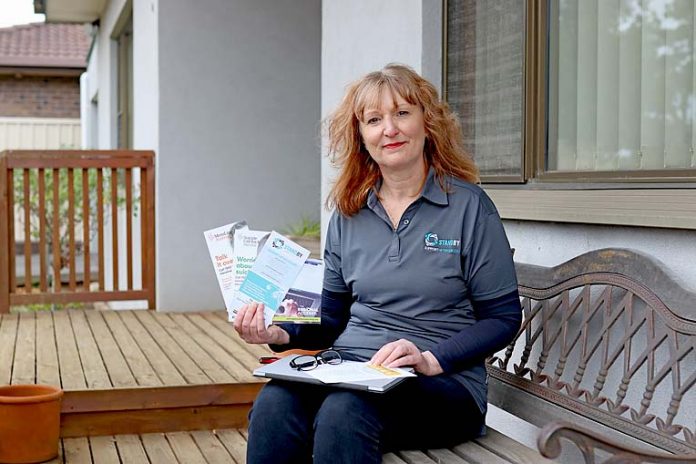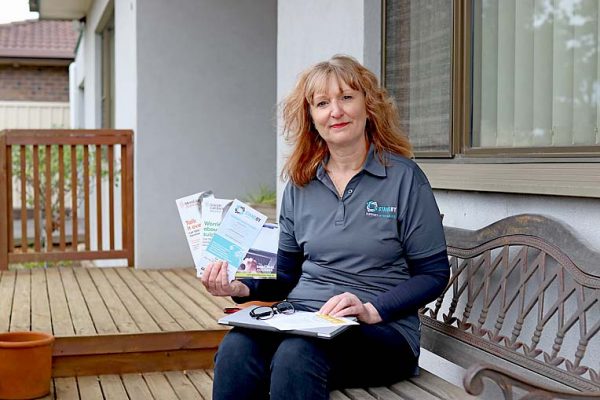

AS physical distancing and social restrictions remain in place, the region’s leading suicide postvention organisation has urged residents to ensure mental health is a priority.
Stand By Support After Suicide coordinator Tracey Wanganeen said adapting to lifestyle changes caused by the COVID-19 pandemic was challenging for everyone, with increased feelings of stress, anxiety and loneliness.
Ms Wanganeen reassured residents help was available and a range of telephone, text and webchat services was continuing as normal throughout the coronavirus crisis.
“If you are really struggling, talk to someone,” she said.
“Sometimes just talking to about things and realising other people have the same feelings as you can really help.
“Go and have coffee with a friend, hook up your Zoom and have a virtual wine with your friends at 5pm, or pick up the phone.
“You do not have to talk to someone you know, there are some awesome telephone support lines and a lot of them are anonymous.
“You can call and not tell your name, not say where you are from and have a general chat with someone.
“A problem shared is a problem halved and when you say it out loud, you might find your problem is something that you can deal with.”
Ms Wanganeen said social isolation, lack of physical contact, disruption to usual routines and unemployment were contributing factors to mental health impacts.
“Our whole routine has been tipped upside down, even those people who are working are doing it from home,” she said.
“We are all adapting to find a way forward in these challenging times and we do not know what is coming next or when it is going to go back to normal.
“It is important to find something to do that brings you some enjoyment and look at what we can do.
“You might not be able to be able to play football with your team, but you can get a mate and kick the footy to yourselves.”
Ms Wanganeen said individuals working from home could also be experiencing feelings of isolation and loneliness, be unable to ‘switch off’ and have difficulty staying motivated.
“A lot of us are feeling tired and a lot of us feel as if we are working more and having a lot more screen time than usual,” she said.
“If you are working from home, make sure you are having regular breaks away from the computer.”
Ms Wanganeen urged individuals to be mindful of behaviour changes in family and friends and reach out to those who may not be coping as well as they could be.
“If you think someone is struggling or there are signs they are not their normal self, pick up the phone and give them a call,” she said.
“If you ring someone and they are not engaging with the conversation, let them know you are thinking of them and do not give up trying.
“If you cannot get a hold of someone, keep trying and check in with someone else who knows that person.
“We need to make sure we are all okay and by sharing the stress, we are supporting each other.”







